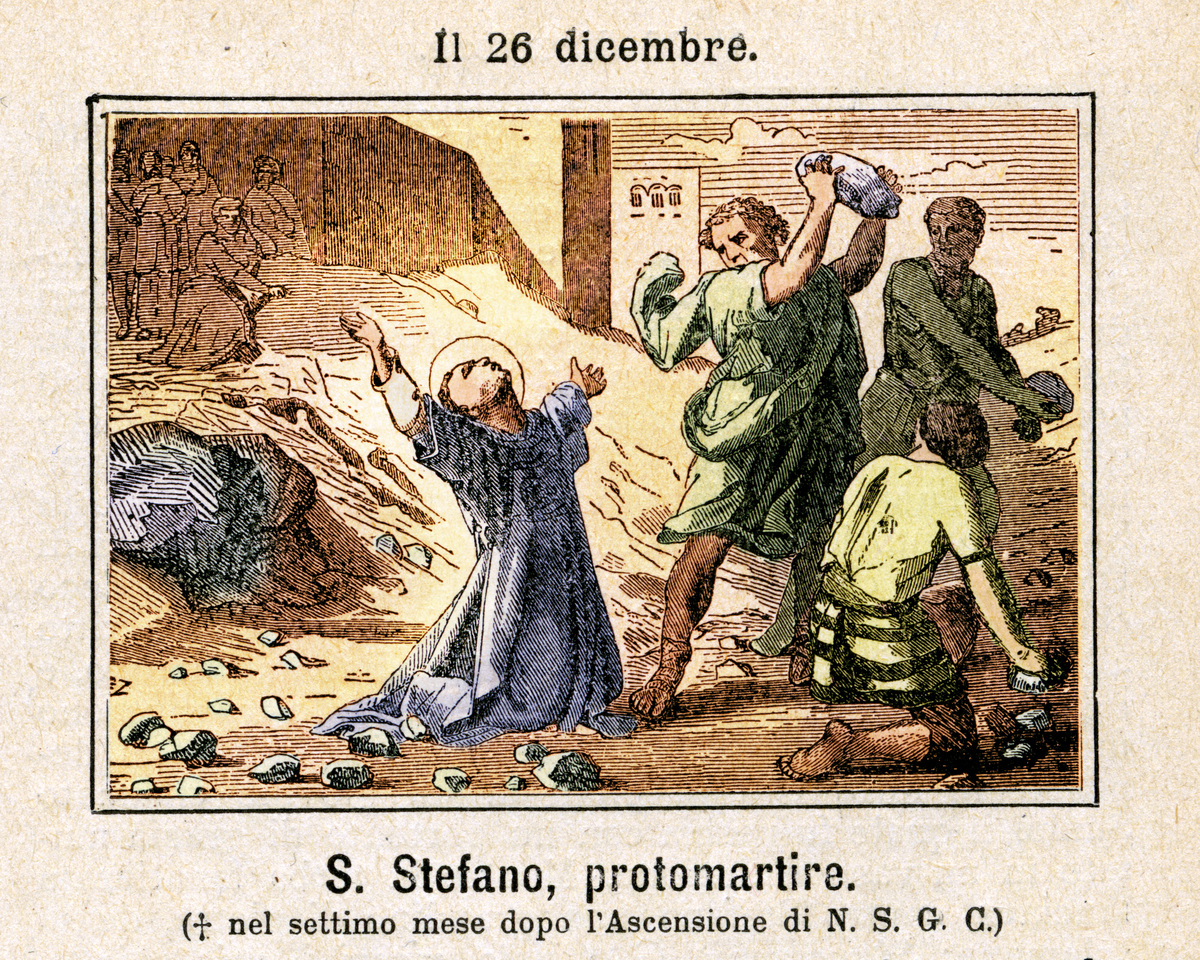Diogenes and Alexander: A Tale of Two Philosophies
-
The author tells us that Diogenes was a Greek philosopher who lived in ancient times. His philosophy centered around living a simple and virtuous life. He believed that the problem with people was their attachment to material possessions and social conventions. Diogenes intended to help them by advocating for a more natural and minimalist lifestyle. He promoted key values such as self-sufficiency, independence, and honesty. He had a disdain for wealth and power, considering them unnecessary for true happiness. Diogenes believed that people can find true happiness by living in accordance with nature and focusing on inner virtue rather than external achievements.
-
Diogenes' philosophy can be seen as both sensible and nonsensical, depending on one's perspective. While it is true that excessive materialism and societal norms can lead to discontent and suffering, completely dismissing wealth, power, fame, and conventions as evil might be too extreme. It is important to strike a balance and recognize the value of these aspects in certain contexts. However, Diogenes' philosophy serves as a reminder to not let material possessions and societal expectations dictate our happiness and sense of self-worth.
-
Diogenes was different from other great philosophers of his time, such as Plato and Aristotle, in terms of his lifestyle and teachings. While Plato and Aristotle focused on metaphysics, ethics, and political theory, Diogenes emphasized living a simple and virtuous life. He did not have as many followers as the other philosophers, as his teachings were unconventional and challenging to follow.
-
The author tells us that Alexander was a powerful and ambitious ruler, known as Alexander the Great. He compares Alexander to Diogenes to highlight their contrasting lifestyles and values. Alexander was driven by a desire for conquest and wealth, whereas Diogenes lived a humble and ascetic life.
-
Alexander decided to visit Diogenes out of curiosity and perhaps to test his wisdom. Diogenes reacted to the visit by continuing with his daily activities, unfazed by the presence of the king. It is unlikely that Diogenes was glad to see the king, as he held a disdain for wealth and power.
-
Their dramatic meeting and brief dialogue symbolize the clash between two contrasting lifestyles and perspectives. When Diogenes said that Alexander was 'blocking the sunlight', he meant that the king's actions and ambitions were obstructing the pursuit of a simple and virtuous life. It is possible that Alexander felt insulted, as his power and achievements were being belittled by a beggar. When Alexander said that he would be Diogenes if he were not Alexander, he perhaps admired the freedom and contentment that Diogenes possessed, unburdened by material possessions and societal expectations.
-
Alexander believed that both he and Diogenes were the only truly free individuals in the world at that time. This implies that their freedom stemmed from their detachment from material possessions, societal norms, and the need for approval from others. They were not bound by the constraints that govern the lives of ordinary people, allowing them to live according to their own principles and desires.
-
The saying 'Make the past serve the present and foreign things serve China' suggests that we should learn from history and adopt useful aspects from other cultures while staying true to our own. From this essay, we can learn the importance of simplicity, self-awareness, and independent thinking. We should question societal norms and not let material possessions and external achievements define our happiness. Additionally, we can appreciate the value of freedom from attachments and the pursuit of inner virtue.

原文地址: https://www.cveoy.top/t/topic/bM4C 著作权归作者所有。请勿转载和采集!